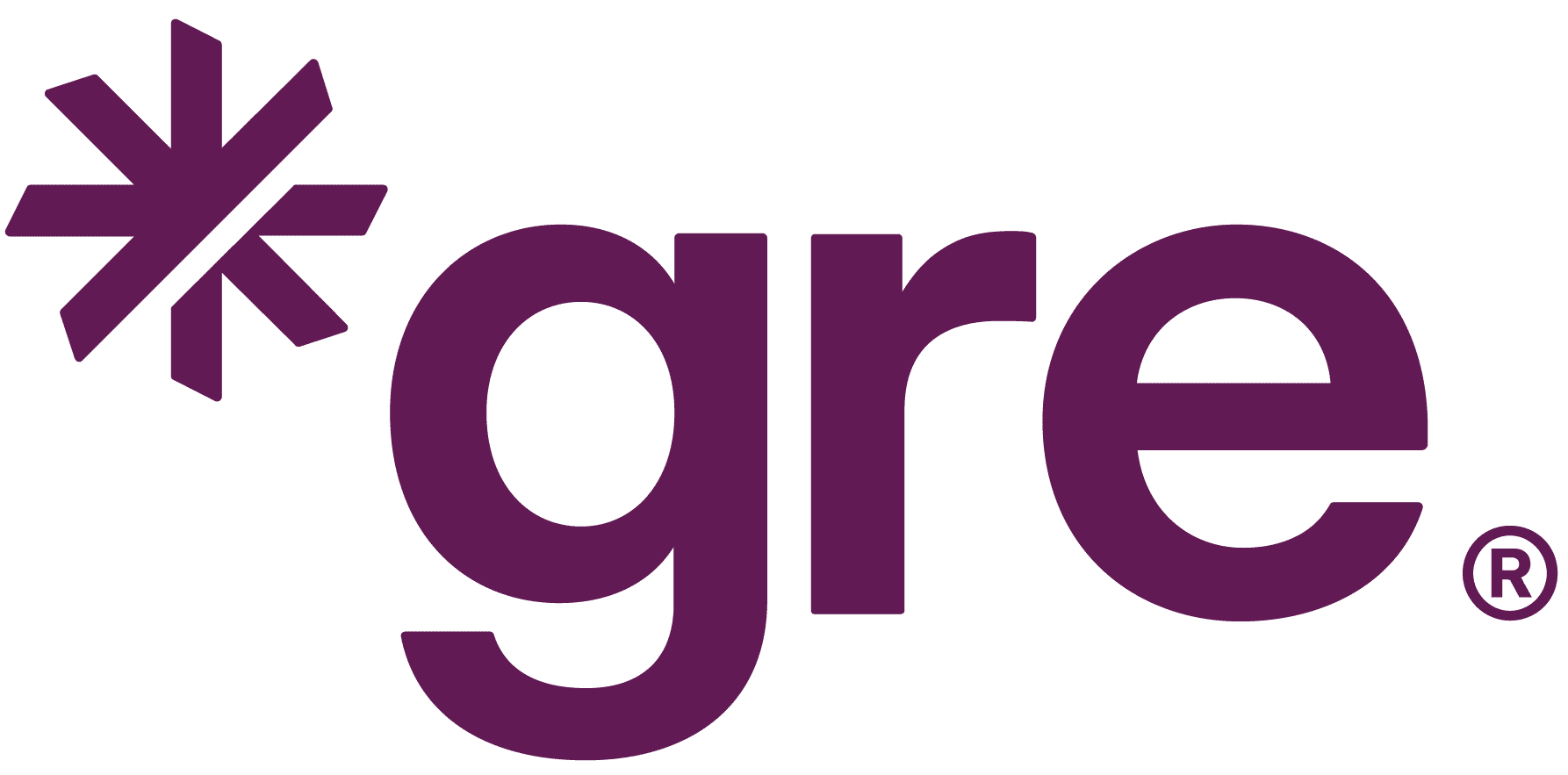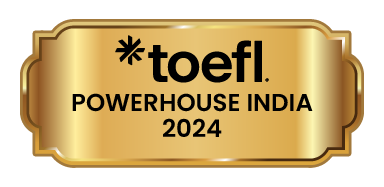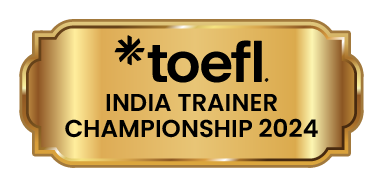Study In Switzerland
Table of content
Important Facts About Switzerland
- Switzerland is home to 12 cantonal universities, 9 universities of applied science and arts, 20 universities of teaching education and 2 federal institutes of technology.
- As per Swiss Federal Statistical Office, the number of international students in Switzerland in 2022 was 74,440.
- The language of instruction to study in Switzerland are German, French, Italian/Romash and English.
- As per Schengen VISA statistics published by the European Commission, the VISA rejection rate is 7.41%.
- As per Eurostat, the employability rate in Switzerland is 79.30%.
- International students can work for 15 hrs/week while pursuing academics and 100% during semester breaks.
- Switzerland has a thriving economy with many job openings in tourism, retail, media, agriculture, watchmaking, electrical engineering, machinery, banks and insurance, etc.
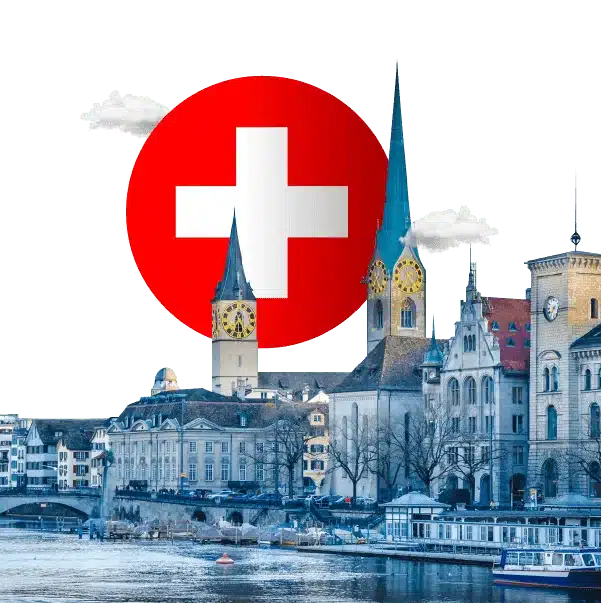
- As per Global Peace Index 2024, Switzerland is ranked under the top 20 most peaceful countries in the world at 1.339%.
- As per Federal Statistical Office in Switzerland, 9 out of 10 high school graduates are employed in the career they studied for.
Why Study in Switzerland?
Another reason why Switzerland continues to be an international student favourite to study abroad is the academic value it offers. Students have access to well-experienced tutors who know the current market demands. While theoretical and practical knowledge is being shared, tutors here also offer real-time experiences of a subject that enhance the learning experience.
Apart from this, Switzerland universities also host multiple workshops and events for students to amplify their skills and build a good professional network while studying.
Switzerland is a sight to behold. When students are not studying, they are encouraged to explore the country’s beauty. From skiing in the beautiful Swiss mountains to relishing the popular chocolates and cheese, international students have so much to visit when staying in this gorgeous country.
Apart from the above, students can visit Switzerland’s neighbouring hoods, such as Europe, Italy, Germany and much more.
Here are a few places you need to visit when staying in Switzerland:
- Visit the highest mountains in the Alps at Matterhorn
- Enjoy the music festivals at Lucerne
- Visit Europe’s largest Alpine Lake, Lake Geneva, etc.
Another reason students wish to study in Switzerland is the variety of courses offered in this country. While business, engineering, medicine is the popular choice, the country also offers unique courses that tap the interests of most international students, such as hospitality, music, environmental studies, politics, international relations and much more.
Education System
The education system in Switzerland is quite diverse. International students can benefit from flexible learning options per the course and method of academics they wish to pursue.
Here, students can pursue Bachelors, Masters and PhD. Vocational graduates can claim an advanced version of their diploma too. The study timelines are Bachelors (3 years), Masters (1.5-2 years), PhD (3-5 years) and Vocational (2,3,4 years (varies)).
Types of Educational Institutes
- Universities (UNIs) – public and private universities/colleges: These are universities offering multiple degree programs for international students. There are 10 such universities that offer widely recognized bachelor’s and master’s programs. Apart from this, two other universities are present that are known as the Federal Institute of Technology.
- University of Applied Sciences and Arts- public and private universities/colleges: These universities are focused on helping students who are keen to explore science and practice-oriented fields. There are 9 universities in Switzerland for international students to choose from. The perk of pursuing such a degree is direct access to the top experts in this field.
- University of Teacher Education- public and private universities/colleges: These are universities that cater to educating students who wish to enter the teaching profession. There are close to 20 teaching universities in Switzerland. Students can access various forms of learning such as research, training, and much more.
Grading System in Switzerland
| Score | Performance Result |
| 6 | Excellent |
| 5.5 | Very good |
| 5 | Good |
| 4.5 | Satisfactory |
| 4 | Sufficient/pass |
| 3.5 | Insufficient/fail |
| 3 | Poor |
| 2.5-1 | Very poor |
- Actualize Your Study In Singapore Dreams By Booking Your Free Career Counselling Session With Our Expert Counsellors
Top Courses To Pursue in Switzerland for Indian Students
- Courses offered in Switzerland aren’t limited to the popular (business, engineering) ones alone but also cover other futuristic courses (international business, environmental studies).
- Courses in Switzerland offer students great academic value, to learn the basic foundation courses, access subject certification opportunities, participate in study tours, develop practical skills and learn about the latest developments in their chosen field.
- Courses taught in Switzerland follow the ‘Chur’ model, where tutors brief students on a topic and allow them to learn the concepts independently.
- All courses in Switzerland ensure students develop three crucial aspects: self-learning, problem-solving capabilities and critical thinking.
When choosing a course to pursue in Switzerland, the latter offers a wider range. However, over the years, a few academic fields have led specific courses to grow in demand amongst international students. Here is an overview:
1. Engineering
- Top courses to pursue: Mechanical Engineering, Electrical Engineering, Civil Engineering are popular examples.
- In-Demand course: Civil Engineering.
- Top Universities: ETH Zurich, Ecole Polytechnique Federale de Lausanne and Zurich University of Applied Sciences.
2. Technology
- Top courses to pursue: Information Systems, Computer Science, Cybersecurity are popular examples.
- In-Demand course: Information Technology.
- Top Universities: ETH Zurich, Ecole Polytechnique Federale de Lausanne and University of Zurich.
3. Healthcare
- Top courses to pursue: Nursing, MBBS, Pharmacy are popular examples.
- In-Demand course: Nursing.
- Top Universities: University of Basel, University of Bern and University of Geneva.
4. Hospitality and Tourism
- Top courses to pursue: Tourism and Hospitality Management, Hotel Management, International Hospitality and Tourism Management are popular examples.
- In-Demand course: Tourism and Hospitality Management.
- Top Universities: Glion Institute of Higher Education, Cesar Ritz Colleges Switzerland and EHL Hospitality Business School.




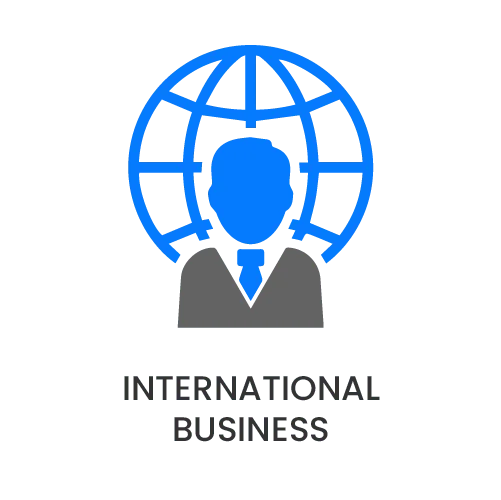



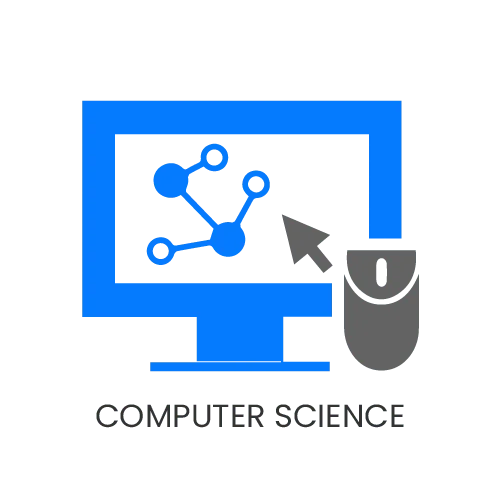





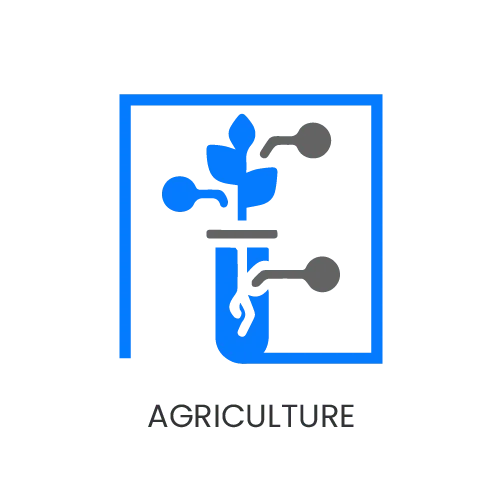
Popular Universities to Study in Switzerland
| Universities Name | QS World University Rankings 2024 |
|
|
7 |
|
|
36 |
|
|
91 |
|
|
124 |
|
|
126 |
|
|
128 |
|
|
220 |
|
|
328 |
|
|
436 |
|
|
563 |
|
|
1401+ |
Popular Cost-Effective Universities in Switzerland
| Universities Name | Type of University |
|
|
Public University |
|
|
Public University |
|
|
Public University |
|
|
Public University |
|
|
Public University |
|
|
Public University |
|
|
Public University |
|
|
Private University |
|
|
Private University |
Popular Universities in Switzerland That Require No IELTS
| University Name | Alternate Exam Scores Accepted |
|
|
Submitting any ELP scores is not mandatory |
|
|
C1 or C2 based on Common European Framework of Reference for Languages |
|
|
TOEFL or CAE |
|
|
Level C1 from Common European Framework of Reference for Languages |
|
|
B1 Level (Bachelor’s, Masters) or have knowledge/speak in English |
|
|
C1 from Common European Framework of Reference for Languages |
Application Process To Apply To Switzerland Universities
In order to successfully enroll at the top universities in Switzerland, international students should complete the application process steps. Ensure the below is checked:
- Identify the course you wish to pursue and find universities that offer the same
- Visit the universities official website to learn the admission requirements
- Check what you need for the entry process
- Most universities require an entrance exam. Ensure you write and score high on them.
- Get your documents ready and submit them before the application deadlines
- Attend any interview if scheduled
- Upon receiving the university acceptance letter, pay the deposit to confirm the fees.
- Lastly, arrange funds and apply for the student VISA at least three months in advance from the chosen admission intake.
Eligibility Criteria and Application Requirements
For international students to successfully enroll at their dream university in Switzerland, a set of eligibility criteria are required.
- For Vocational/Undergraduate courses: International students should have completed their upper secondary level education, including 10+2 from a recognized university. Students should be proficient in the language of instruction chosen to study for the course, which is mainly German, French, and Italian/Romansh.
- For Graduate courses: Students should have completed their bachelor’s degree to be eligible. Students should clear the English language proficiency test as most courses have English as their language of instruction.
- For PhD courses: Students should complete their bachelor’s and master’s degree. Apart from this, language exams should be undertaken.
Apart from the above lists, students should submit additional documents such as:
- Academic Transcripts: Based on the degree program you’re applying to, all previous academic transcripts should be submitted.
- Letter of Recommendation: Students require the LOR as it states a recommendation from an academic expert that tutored them. This gives a better understanding of a student’s performance academically.
- Statement of Purpose: Students should create an SOP that contains the purpose of pursuing a course, what developed their interest in studying abroad, career goals and professional contributions.
- CV/Resume: Students should submit a professional and well-drafted resume.
- Work Experience: This is mainly required when students pursue business graduate programs such as MBA.
- English Language Proficiency: International students are required to clear the English language entrance test. A good score illustrates your understanding of this subject.
- Proof of Funds: Students must submit proof of funds to VISA officials so that they can have financial support to study and live in Switzerland.
University Intakes and Timeline
Fall Intake
- June – July of the previous year: Start your research for which course and university you wish to pursue your academics from.
- August – September: Cater to the admission requirements such as writing the entrance exams, arranging all academic transcripts, etc.
- October – November: Submit all documents before this application deadline.
- December – February: Start hearing back from the universities.
- March: Conduct all finance related activities such as arranging for funds, loans, scholarships, etc.
- May – June: Apply for a student VISA
- July – August: Prepare to go abroad
- August – September: Your new semester starts
Spring Intake
This semester starts in Jan / Feb and ends in May. Here is the admission timeline:
- March – April of the previous year: Start your research for which course and university you wish to pursue your academics from
- May – June: Cater to the admission requirements such as writing the entrance exams, arranging all academic transcripts, etc.
- July – August: Submit all documents before this application deadline
- September: Conduct all finance related activities such as arranging for funds, loans, scholarships, etc.
- October – November: Apply for a student VISA
- December – January: Prepare to go abroad
- January – February: Your new semester starts
Cost of Education in Switzerland
| Types of Expenses (per semester/month) | Expenses in CHF |
| Tuition Fees (public and private universities) |
Undergraduate programs- 200 CHF- 3500 CHF/per semester Graduate programs (Masters +PhD)- 700 CHF- 2000 CHF/per semester Full-time MBA programs- 30,000 CHF- 85,000 CHF/year |
| Living expenses |
2000 CHF- 2,250 CHF/month Accommodation (room- 400 CHF- 1000 CHF/month), (rented apartments- 800 CHF- 1600 CHF/month) Travel- 100 CHF/month Food- 400 CHF- 500 CHF/monthHealth Insurance- 400 CHF/month |
| Visa Fees | 88 CHF |
| Residence Permit | 160 CHF |
Types of Student VISA to Study in Switzerland
C VISA (Schengen VISA)
This is a short-term VISA for students whose course completes within three months.
This VISA is for students who stay in Switzerland for a shorter duration.
The VISA is applicable for students who complete their academic within three months.
This VISA suits students who enter Switzerland to attend seminars, summer schools and language schools.
D VISA (National VISA)
This is a long-term VISA for students who opted for courses that require more than 90 days of academic learning.
The VISA is for students who applied to study in a full-time program.
The VISA is applicable for students who complete their academics within 90 days or longer.
This VISA can be obtained by applying in person with the local Swiss embassy or consulates in a student’s home country.
How to Apply for a Switzerland Student VISA
- Get the university’s acceptance letter and pay the fees/deposit to confirm your seat.
- Book an appointment with the Swiss embassy or consulate at least 6 months before.
- Attend the interview scheduled by the embassy/consulate. Remember to take all necessary documents, such as the VISA application form and other enquired documents
- It will take 12 weeks to hear about your VISA decision.
- Once your VISA is accepted and you arrive in Switzerland within 14 days, file for a residence permit. This can be done at the cantonal immigration office. The permit will take time; thus, you’ll receive a preliminary document.
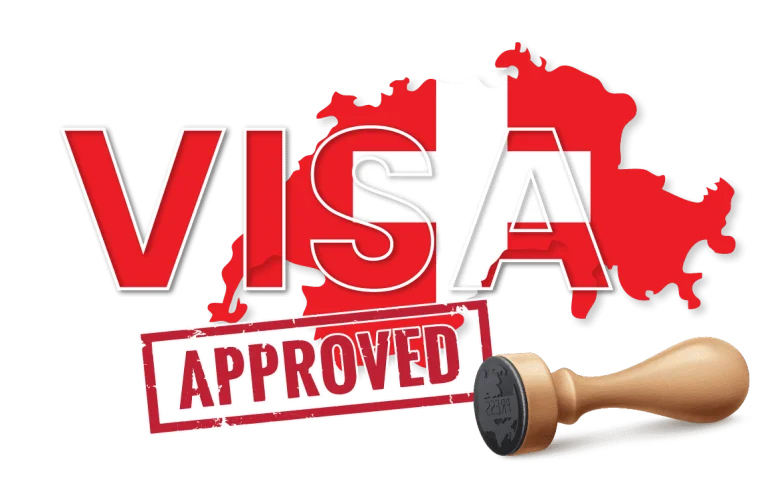
Important Documents to be Carried During the Student VISA Interview
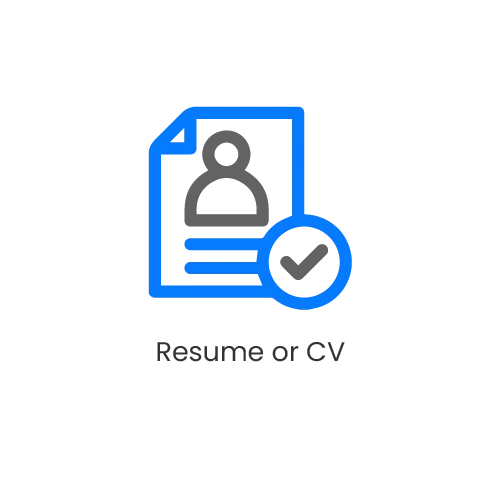
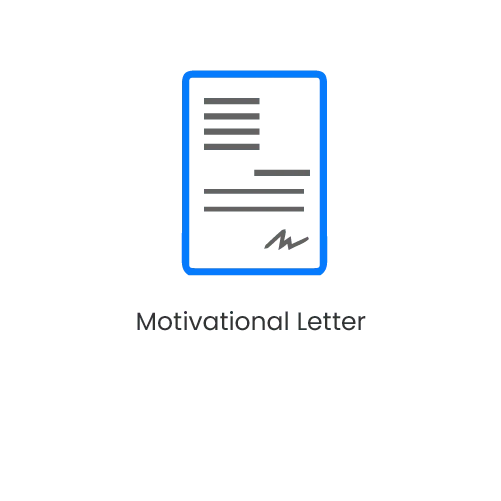
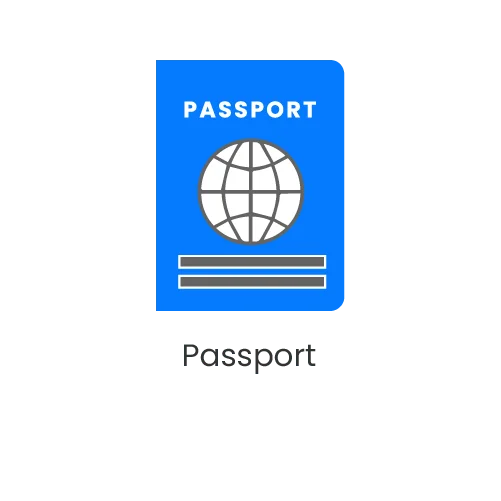

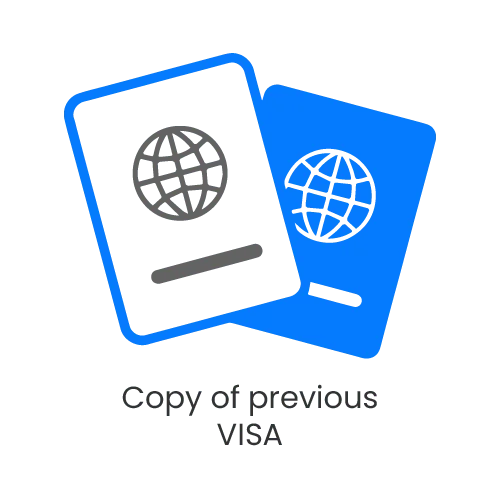

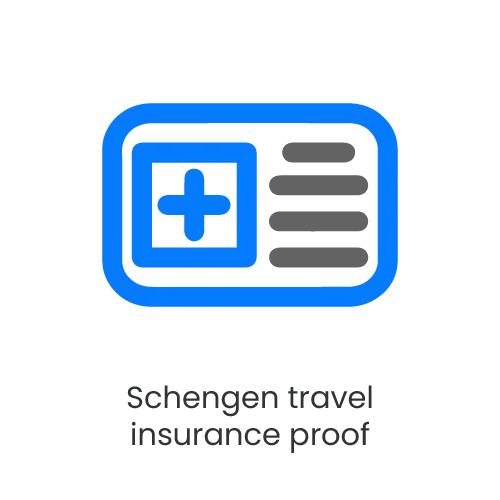
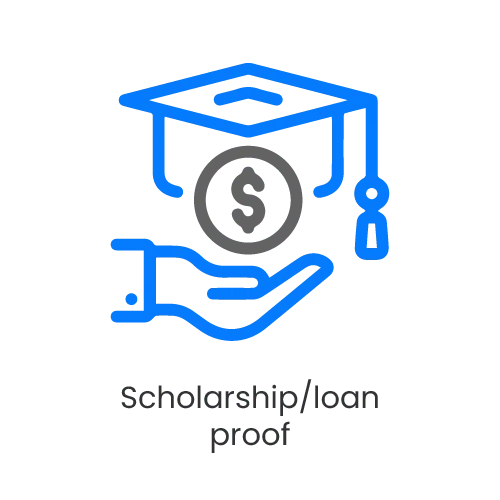

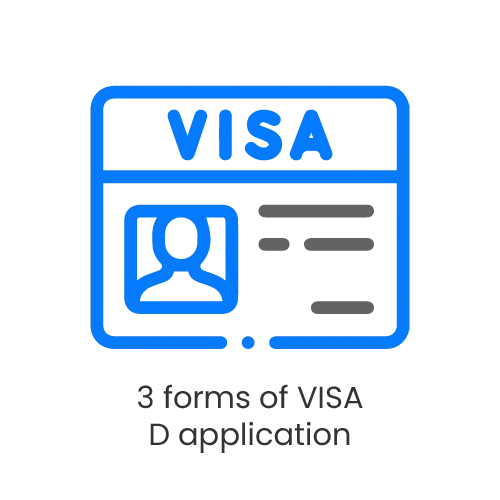


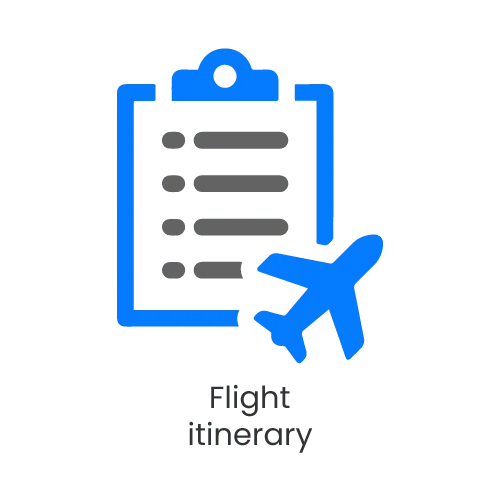
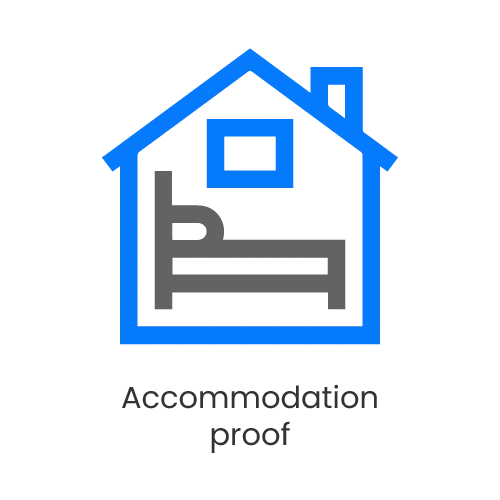




Most Student Friendly Cities in Switzerland
Switzerland is home to multiple student-friendly cities. The country has picturesque landscapes, unique sceneries and multiple student activities to do while pursuing academics here. The following is the list of the best student-friendly cities you should consider in Switzerland.
Exams to Undertake for Study in Switzerland
- Goethe Zertifikat: To pursue a course that is taught in German, students should apply for this exam that exhibits C1 and C2 German language skills.
- Diploma in French Language Studies (DELF)/Advanced Diploma in French Language(DALF): This is a standard exam written by students who pursue courses that are taught in French.
- Certificazione di Italiano come Lingua Straniera (CILS): This is a standard exam written by students who pursue courses taught in Italian/Romansh.
- National Eligibility Cum Entrance Exam (NEET): This test is mandatory for students who wish to pursue medical studies in Switzerland.
- International English Language Testing System (IELTS): This is a standard English language test undertaken by students who study in Switzerland. This exam is opted for by students opting to pursue a Master’s degree.
- Test of English as a Foreign Language (TOEFL): This is another English language exam students can opt for if IELTS is not their choice. This test is mostly undertaken when applying for graduate programs in Switzerland.
- Test of English for International Communications (TOEIC): This is another standard English language test students can undertake to study in Switzerland.
- Cambridge English: This is another English language test students can undertake to study in Switzerland, especially for Masters programs.
- Graduate Record Examination (GRE): This is a common entrance exam required for students who wish to study any graduate program or business-specific programs in Switzerland.
- Graduate Management Admission Test (GMAT): This is a standard exam required by students who wish to pursue graduate business programs.
Government and Non-Government Scholarships
| Name of Scholarship | Description | Amount in CHF |
| Swiss Government Excellence Scholarship | Applicable to foreign scholars and artists to pursue research and art studies. | Yet to announce |
| University of Lausanne Scholarship | Pursue Masters grant at University of Lausanne | 1.600 CHF/per month |
| Franklin Honours Program Award | Pursue bachelors program at Franklin University | 2,776 CHF- 9,222 CHF |
| Responsible Leadership Scholarship program | Pursue Masters of Science/Arts at Franklin University | 6,2550 CHF (offer 25% of tuition fees) |
| Ann Gardiner Award in Sustainability | Pursue degree in environmental science, heritage and other environmental studies | 2,305 CHF- 4,611 CHF |
| Heyning-Roelli Foundation from University of Bern | Be a part of an exchange program at partner universities | Covers travel, and subsistence expenses |
Post Study Work VISA
- L Permit: Students can avail of a temporary residence permit to stay in Switzerland for up to a year. This is with reference to studies or job that last during this period.
- B Permit: Students can apply for this residence permit for up to a year, however, its period can be renewed further.
- C Permit: Students looking to retrieve Swiss citizenship can apply for a C Permit. This is required when applying for PR in Switzerland.
PR in Switzerland
Students who have stayed in Switzerland for 10 years are eligible to apply for PR here. A C Permit is required for the process to kickstart. Students with good records stand a higher chance of obtaining a PR. However, there are a few exceptions, such as students from the USA or Canada can apply for PR in Switzerland after 5 years.
It is suggested that students visit the local cantonal immigration process to conduct or learn about the PR process in Switzerland.
On-Campus and Off-Campus Jobs
On-Campus Jobs:
- Social Media Assistant
- Administrative office
- Campus tour guide
- Teaching assistant
- Library assistant
- Lab assistant
Off-Campus Jobs:
- Freelancer
- Private tutor
- Call centre agent
- Marketer
- Delivery person
- Security guard
Popular Career Prospects for International Students
Finance
Tax Manager, Analyst, Banking Manager, Advisor (70,924 CHF- 150,000 CHF)
IT
IT Analyst, Program Manager, IT Consultant, IT Manager (80,000 CHF- 135,000 CHF)
Pharmaceutical
Marketing Director, Quality Assurance Specialist, Supply Chain Planner, Principal Scientist (82,000 CHF- 200,000 CHF)
Machinery
Project Engineer, Design Engineer, Mechanical Engineer, Quality Engineer (92,500 CHF- 147,500 CHF)
Tourism
Immigration Consultant, Media Manager, Hotel Receptionist, Global Marketing Manager (12,500 CHF- 120,000 CHF)
Study in Switzerland FAQs
International students will have to pay tuition fees to enroll in any Swiss university. However, having scholarships and grants covers most of the education expenses.
Yes, Switzerland has been home to multiple Indians. The country offers great academic and work opportunities, which Indian students can benefit from.
Yes, after graduation, Indian students are allowed to stay for six months to find a job in the country. Ensure you get a residence permit to apply for the same.
Getting a PR is easy if a student has stayed in Switzerland for 10 years. You must apply for a Swiss permanent residence permit (C permit).
Yes, there are courses that are taught in English in Switzerland. Most of the graduate programs are taught in English.
Yes, you can bring your family/spouse when studying in Switzerland as long as you prove that you can take care of them financially. This includes their stay as well.
There are multiple cities in Switzerland where residents of Indian students stand high. The top places are Zurich, Geneva, Basel, etc.
In order to manage their stay in Switzerland, international students should have 21,000 CHF during the initial stage of their study period. The money will help assist with accommodation, rent and other related expenses.
The rejection rate in Switzerland stands at 21%. If you cater to all the admission and visa criteria, getting a student visa to study in Switzerland becomes easy.
Yes, you can survive in Switzerland if you only speak English. In fact, apart from English, you can survive here even by knowing German, French and Italian/Romansh.

